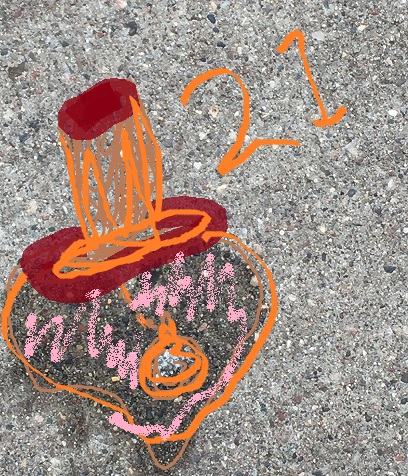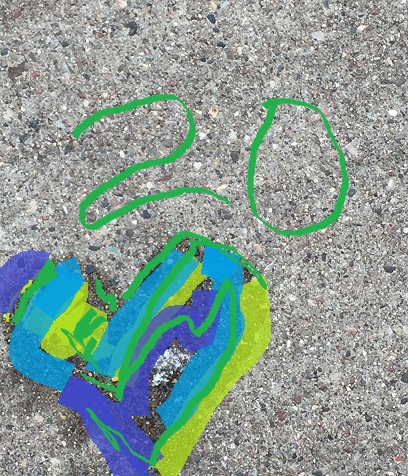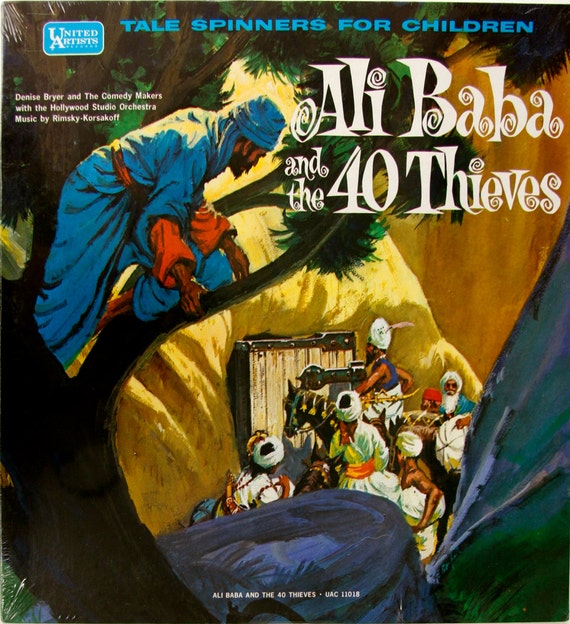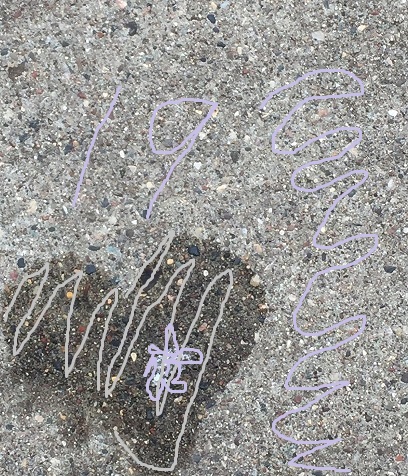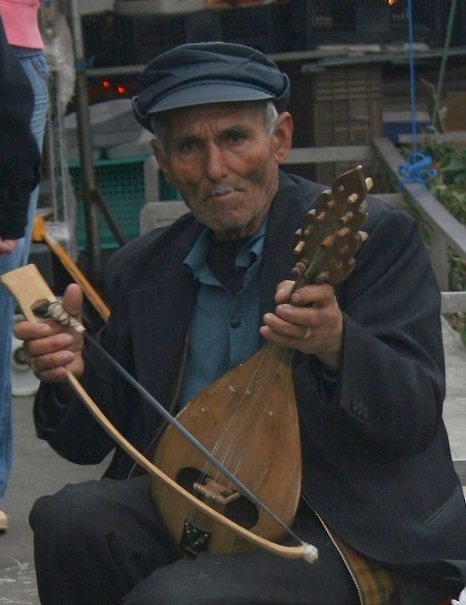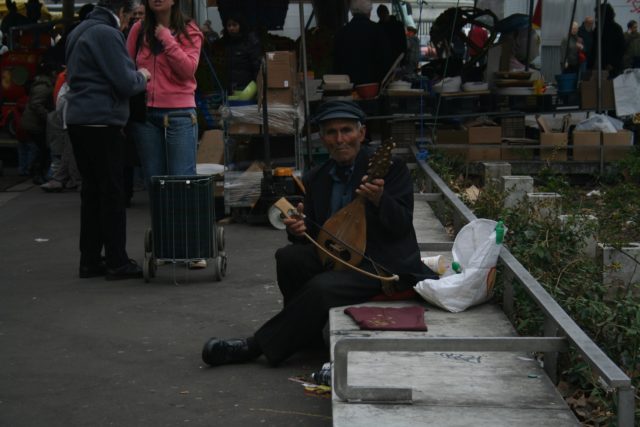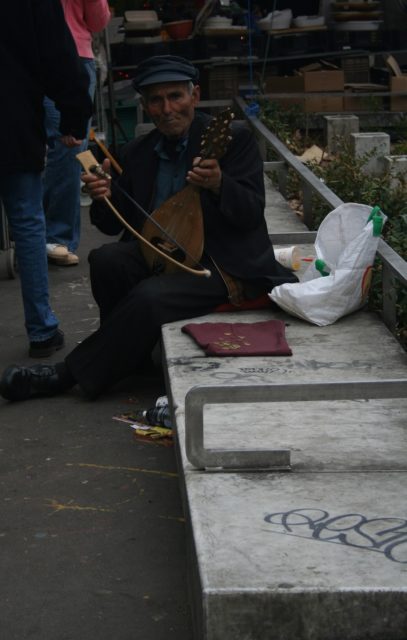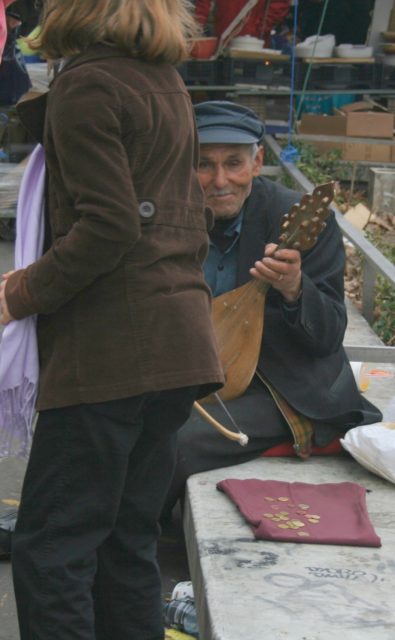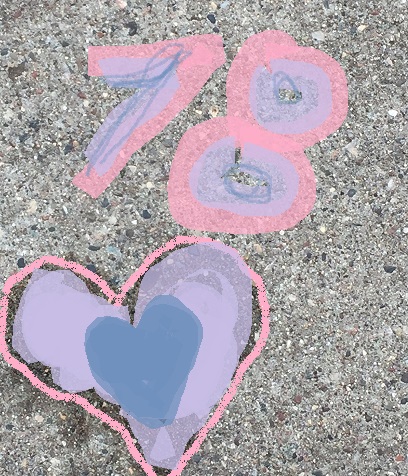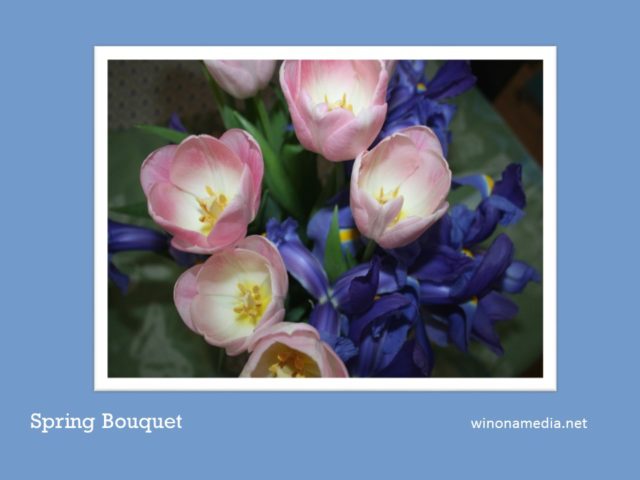Bustles and spatterdashes had their day.
Top hats and cutaways have gone away.
Now, it’s only well-dressed cartoon cats who
pull golden pocket watches into view.
What pricey items now inciting passion
will soon draw scorn as artifacts of fashion?
Leslie Schultz
I am a regular reader of Vogue, and I take a lively (if arms-length) interest in all kinds of trends in wearable, readable, architectural, curricular, culinary, and other consumable fashion. (Makes me wonder, incidentally, what Ozymandias was wearing on his long-enduring legs and shattered visage–spats and cool shades, perhaps, to combat the desert dust and glare?)
Here are two of my favorite samples of how fashion is continually updated through the lens of a quirky and catchy song, “Puttin’ on the Ritz,” written by Irving Berlin in 1927. (Interestingly, this was the year after Britain’s King George V deleted spatterdashes from his public dress and caused a mass exodus away from spatterdash-wearing. Apparently the gathered crowded littered the bushes with their own spats before their king had done speaking!)
The first video example is from the Jeeves and Wooster series filmed in the early 1990s but set in the late 1920s when the Irving Berlin song was newly published as sheet music. The second, incorporating the modern trends of flash mobs and athletic shoes, might be my favorite version. (I was interested to see, in seeking out this video clip, that there are numerous others now that take advantage of this elderly but ever-new song’s bouncy lyrics to combine it with group dance, including one charming one set at Heathrow Airport. To date, at least to my knowledge, no flash mob version of this song has been filmed in Rice County, Minnesota!)
Gary Cooper–mentioned in the lyrics as a nonpareil of fashion despite his enduring film legacy as a ruggedly dressed cowboy–was born in 1901, the same birth year ascribed to fictional Bertie Wooster, P.G. Wodehouse’s immortal young man of fashion, above.
My favorite statement in this modern update? It’s a toss-up: Either the opening dancer’s basic black ensemble or the bride’s classic bouquet!
Wishing you a light-hearted look at your world today……LESLIE
P.S. For more on the silly side…
This morning’s post made me reach, as I so often do, for Stephen Fry’s peerless book on prosody, The Ode Less Travelled: Unlocking the Poet Within. I was amused to see that his perfectly realized Jeeves is, like Fry, a master of rhythm and rhyme. Fry’s book is filled with lucid and succinct summaries of elements of poetic form presented with Fry’s devastating wit. (The occasional screamingly funny but x-rated quips make it unsuitable for the under-sixteen set, in my opinion, except in excerpted form.) If you are of voting age and curious about the ins and outs of iambs, or want to distinguish meter from rhythm, or crave an algorithm describing the sestina–this is the go-to book.
and, in case you hadn’t heard yet…
one of my favorite online publications, Light Poetry Magazine, just instituted a Poem of the Week feature that offers a humorous view of the past week’s current events. Coincidentally, the cover image for the current issue features a top hat!
Check out other participants at the NaPoWriMo Challenge 2017 home site!


